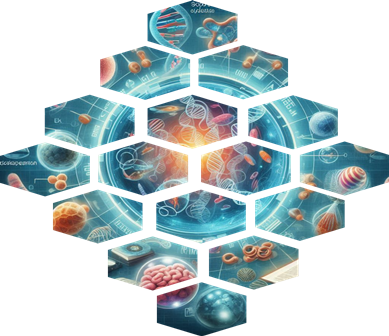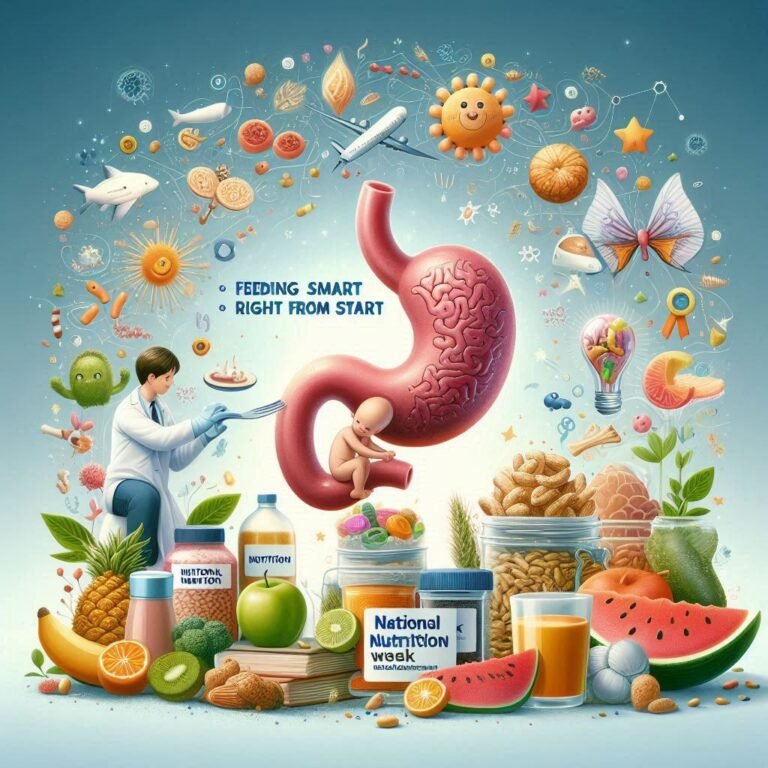Biology science deals with the scientific study of life and living organisms, encompassing a wide range of fields and topics.
Importance of studying Biology sciences:
- Understanding the processes of life system which can help in medical advancements, environmental conservation, and improving agricultural practices.
- It provides insights into the functioning of our bodies and the natural world around us.
- Understanding the ancient roots in medicine and natural history.
- Modern developments in genetics and molecular biology.
Branches of Biology
- Botany: Study of plants
- Zoology: Study of animals
- Microbiology: Study of microorganisms
- Genetics: Study of heredity and variation
Interdisciplinary Nature
The interdisciplinary nature of biological sciences is one of its most fascinating aspects. It allows for the integration of knowledge and techniques from various scientific fields to better understand complex biological systems. Here are some key interdisciplinary areas within biological sciences:
Intersection with other Sciences
- Biochemistry: Chemistry of living organisms; Focus: Chemical processes within and related to living organisms; Applications: Understanding metabolic pathways, enzyme functions, and molecular genetics.
- Biophysics: Physical principles in biological systems; Focus: Physical principles underlying biological processes; Applications: Studying the mechanics of cell movement, protein folding, and the electrical properties of neurons.
- Biotechnology: Application of biology in technology; Focus: Interdisciplinary Research; Application: Genetic Engineering: Combining genetics and engineering to modify organisms, Drug Development: Integrating biology, chemistry, and pharmacology to create new medications
- Bioinformatics: Using computer science and statistics to analyze biological data; Focus: Analyzing and interpreting biological data using computational tools; Applications: Genomic sequencing, protein structure prediction, and evolutionary biology.
- Systems Biology: Studying complex interactions within biological systems using mathematical and computational models; Focus: Understanding complex biological systems through modeling and simulation;
Applications: Studying gene regulatory networks, metabolic pathways, and cellular processes. - Environmental Biotechnology: Applying biological processes to environmental problems, such as bioremediation
- Synthetic Biology: Designing and constructing new biological parts and systems; Focus: Designing and constructing new biological parts, devices, and systems; Applications: Developing biofuels, synthetic organisms, and novel therapeutics.
By given interest in microbes and scientific research, one might find bioinformatics and systems biology particularly intriguing. These fields leverage computational tools to analyze microbial genomes and understand their roles in various ecosystems and human health.
Applications of Biology
- Medicine and Healthcare
- Disease diagnosis and treatment
- Development of vaccines
- Environmental Conservation
- Biodiversity preservation
- Ecosystem management
- Agriculture and Food Technology
- Crop improvement
- Sustainable farming
- Biotechnology and Genetic Engineering
- GMOs
- Biopharmaceuticals
Career Opportunities
A degree in biology opens up a wide range of career opportunities across various fields. Here are some popular career paths you can pursue with a biology degree:
- Research Scientist: Role: Conduct experiments and analyze results to advance knowledge in various biological fields. Fields: Microbiology, genetics, ecology, and more.
- Microbiologists: Role: studying microorganisms such as bacteria, viruses, fungi, and algae; Applications: healthcare, environmental science, and biotechnology.
- Botanist: Role: Study plant life and their interactions with the environment; Applications: Agriculture, conservation, and pharmaceuticals.
- Zoologist: Role: Study animals and their ecosystems; Applications: Wildlife conservation, research, and education.
- Biotechnologist: Role: Use biological processes to develop products and technologies for healthcare, agriculture, and industry; Applications: Genetic engineering, pharmaceuticals, and biofuels.
- Environmental Consultant: Role: Study and develop solutions to environmental problems;
Applications: Pollution control, natural resource management, and sustainability. - Ecologist: Role: Study ecosystems and the interactions between organisms and their environment; Applications: Conservation, environmental impact assessments, and wildlife management.
- Science Writer: Role: Communicate scientific information to the public through writing; Applications: Magazines, journals, and online platforms.
Recent Breakthrough Research in Biological Sciences
Biology in Everyday Life
- Impact of biological system in Daily Life
- Health and wellness
- Environmental awareness
- Nutrition and diet
- Waste management
Future of Biology
- Gene therapy
- mRNA vaccines
- Probiotic
- CRISPR technology
Future Challenges and Opportunities
- Climate change
- Global health issues
Indian Research agencies engaged with Biological Research
- Department of Science and Technology (DST) Focus: Promotes science and technology through various programs and initiatives.
- Department of Biotechnology (DBT) Focus: Supports research and development in biotechnology.
- Council of Scientific and Industrial Research (CSIR) Focus: Conducts research in diverse scientific fields and industrial applications.
- Indian Council of Medical Research (ICMR) Focus: Promotes biomedical research and public health.
- Indian Space Research Organisation (ISRO) Focus: Space research and satellite development.
- Defence Research and Development Organisation (DRDO) Focus: Research and development for defense technologies.
- Indian Council of Agricultural Research (ICAR) Focus: Agricultural research and education.
- Ministry of Earth Sciences (MoES) Focus: Research in earth sciences, including oceanography and meteorology.
Studying Life sciences offers unique challenges and rewards, allowing you to apply your knowledge and skills in various impactful ways.
AIPH University, located in Bhubaneswar, Odisha, is a prominent University specializing in Public Health, Biological Sciences education, and research. The university offers a wide range of undergraduate, postgraduate, and doctoral programs across various domains of public health, Biological Sciences, and Allied Health Sciences. For contact details, you can reach out to the university at +91-7205074656 or +91-9938213237, or via email at admissions@aiph.ac.in for admission queries and info@aiph.ac.in for other inquiries.






